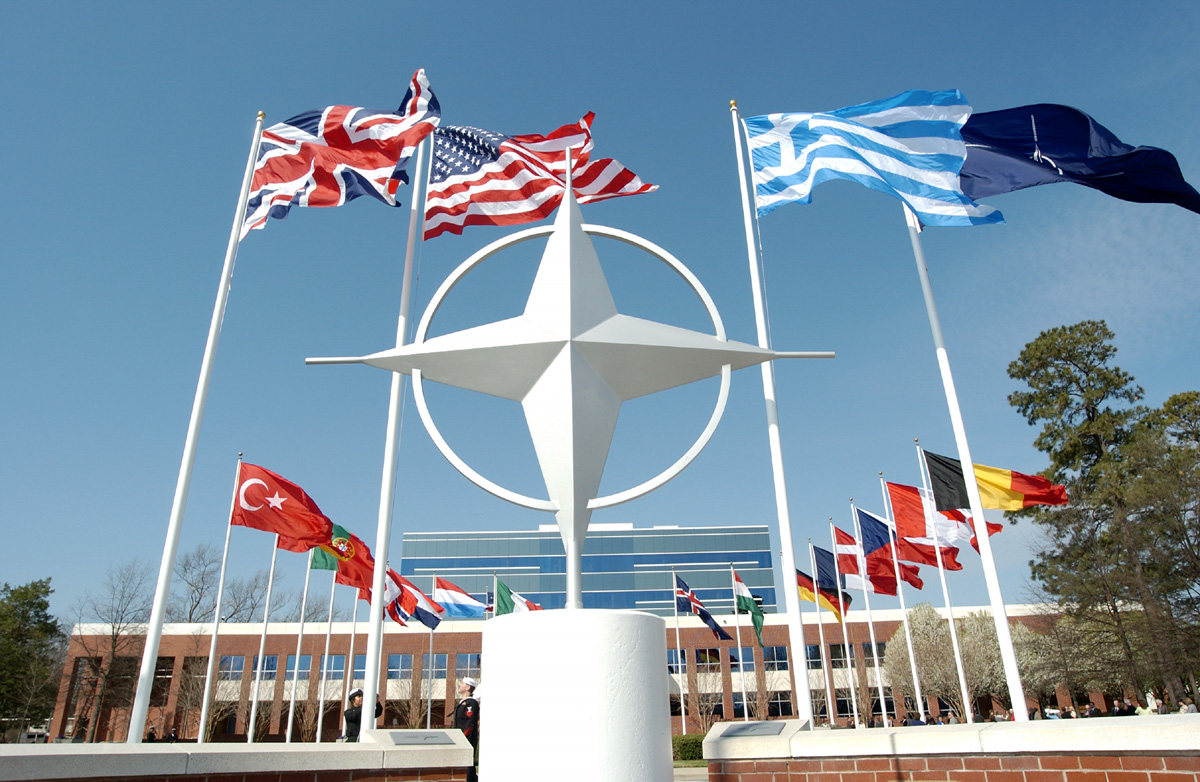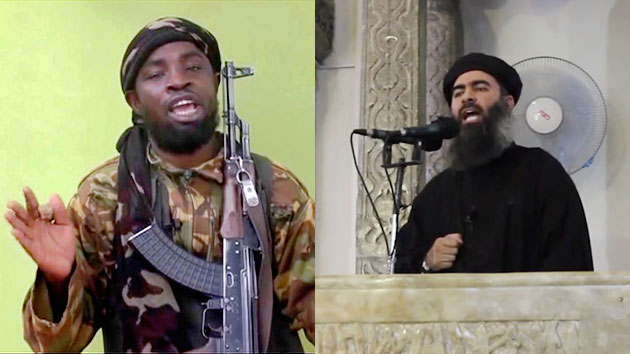In a rather unexpected turn of events, NATO Secretary General Anders Fogh Rasmussen recently declared that NATO must consider positioning permanent troops in Eastern Europe to combat the recent crisis in Crimea. In spite of this announcement, however, some NATO member states such as the Czech Republic and Slovakia have specifically stated that they will not allow NATO soldiers or bases to operate within their borders.
The European Council on Foreign Relations defines a political union as a “supranational democracy” — that is, a democracy which exists outside of national borders. Although NATO does not dictate any fiscal policies, it does include a charter with strict membership guidelines and democratic requirements. NATO is, therefore, first and foremost a form of political union. In fact the official NATO website refers to NATO as both a political and military alliance. The security issues of one member state directly affect all other member states. Thus, NATO could claim to only answer to one set of agglomerated borders: no member state stands alone.
In Turkey, the Ministry of Foreign Affairs states that “Indivisibility of Alliance security, solidarity among Allies and a fair risk and burden sharing as well as the consensus rule, are NATO’s guiding principles and should remain as such”. Turkey, who has been a NATO member since 1952, is an example of a member state whose involvement in NATO has been equitably reciprocated. Turkey has been actively involved in all NATO campaigns since its ascension to the collective. In 2012, when Turkey invoked Article 4 of the NATO charter, NATO responded by deploying six Patriot missile batteries to southern Turkey (article 4 of the NATO Charter states that any member state may call for consultations when they feel that their territorial security, for whatever reason, is threatened).
Turkey, however, did not ask NATO for help with its response to the recent abduction of 49 Turks by the Islamic State of Iraq and Levant (ISIL) in Iraq. The latter incident, it was found, did not directly affect Turkey’s internal security and therefore should not mandate any NATO involvement. Such a clear rationale is indicative of a well defined understanding of what it means to be a NATO member, appropriately separating domestic issues from those that affect NATO states as a whole. Despite Turkey’s not asking for help, NATO Secretary General Anders Fogh Rasmussen publicly condemned the abductions: a visible nod at Article 1 of the NATO Charter, which asks that international disputes be settled first and foremost by peaceful means.
The future of NATO is contingent on the understanding between all member states that the Alliance is both political and military based, and not an organisation where values can be cherry picked.
In comparison, one can find the Czech Republic to be quite the opposite from Turkey. The RAND Corporation, a non-for-profit think tank, refers to the Czech Republic’s 1999 NATO ascension as a highly supported public decision. However, it maintained that “the Czechs have not fully internalised the meaning of non-Article 5 alliance operations”. Recently, the Czech Republic stated that they would independently deploy troops to Ukraine if necessary, but not allow NATO troops or bases within their borders. Their decision stemmed from their concerns over potential refugees flooding the country and the impact of a newly arrived Ukrainian minority in the Czech Republic — in other words, strictly domestic issues that do not take into account any true NATO concerns.
Slovakia is in a very similar position to the Czech Republic. A 2009 report, prepared by EurActiv and the Slovak Republic’s Ministry of Foreign Affairs, listed a number of key benefits behind Slovakia’s NATO membership: reduced military costs, greatly enhanced security, the reduced need for a domestic army… Yet, Slovakia announced, rather counter-productively, that it would follow in the Czech Republic’s footsteps, foregoing any of the aforementioned benefits by refusing NATO troops or bases to operate within the country. Prime Minister Robert Fico stated that “Slovakia has its historical experience with participation of foreign troops. Let us remember the 1968 [Warsaw Pact] invasion. Therefore this topic is extraordinarily sensitive to us”.
According to the U.S State Department’s Office of the Historian, the reasons for the Warsaw Pact invasion were based on the Soviet Republic’s fear of a liberalised Czechoslovakia influencing the entire communist bloc. In comparison, the Czech Republic’s fear of invasion by NATO seems quite ironic. Neighbouring Poland, which became a NATO member in 1999, seems to have taken the less paranoid route, directly asking NATO for 10,000 troops to be stationed within its borders.
The future of NATO is contingent on the understanding between all member states, as outlined officially by NATO, that the Alliance is both political and military based. This is an understanding that no member state can be only partially involved, and that NATO is not an organisation where values can be cherry picked. On the contraty, NATO is an agreement that binds all members to one shared vision that solidifies the strength of the Alliance. Without this understanding, the effectiveness of the Alliance is directly impeded.





